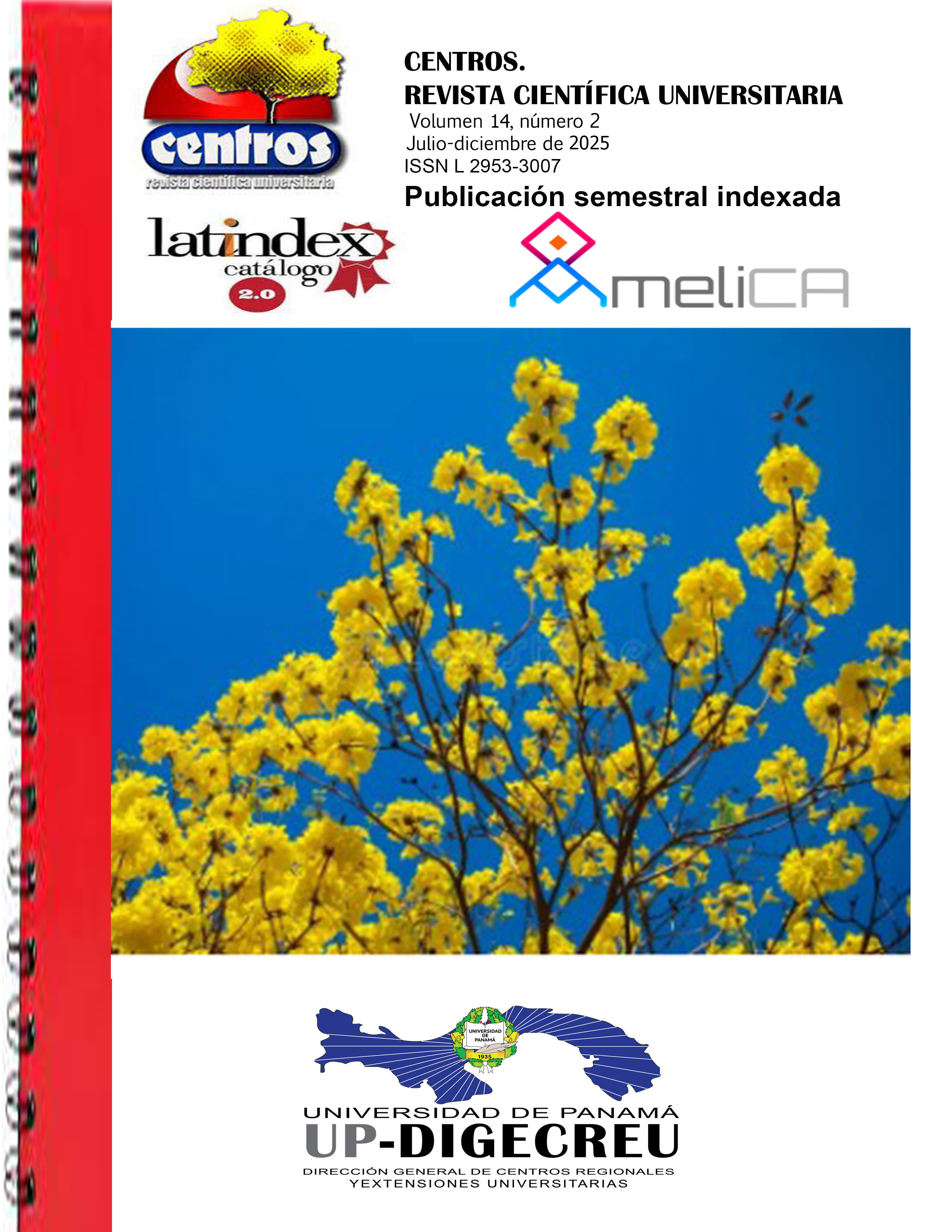

Copyright (c) 2025 Centros: Revista Científica Universitaria

This work is licensed under a Creative Commons Attribution-NonCommercial-ShareAlike 4.0 International License.
Traffic congestion is a significant problem in urban areas, and Panama is no exception. This phenomenon not only affects the mobility and time of citizens but can also have repercussions on their mental health. Previous studies have shown that prolonged exposure to traffic can develop high levels of stress. However, despite the relevance of this problem, no research has been found that specifically addresses the relationship between traffic congestion and the predisposition to suffer from depression in university students. For this reason, the objective of this study is to evaluate the existence of a relationship between vehicular traffic congestion and the predisposition to suffer depressive symptoms in university students. The study was carried out during the first semester of 2024 at the Technological University of Panama. To find out if there was a link between depression and traffic, a survey was applied to a representative sample of students from the faculties with the largest student population, in this sample different aspects were analyzed such as their demographic data, mental health history, their responses to DSM -5 indicators and their perception of traffic. Based on the results found, it was concluded that there is a possible relationship between traffic congestion and the predisposition to suffer depressive symptoms, highlighting that this is greatly influenced by the noise caused by traffic and the amount of time lost in traffic.